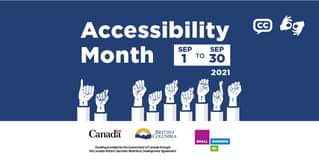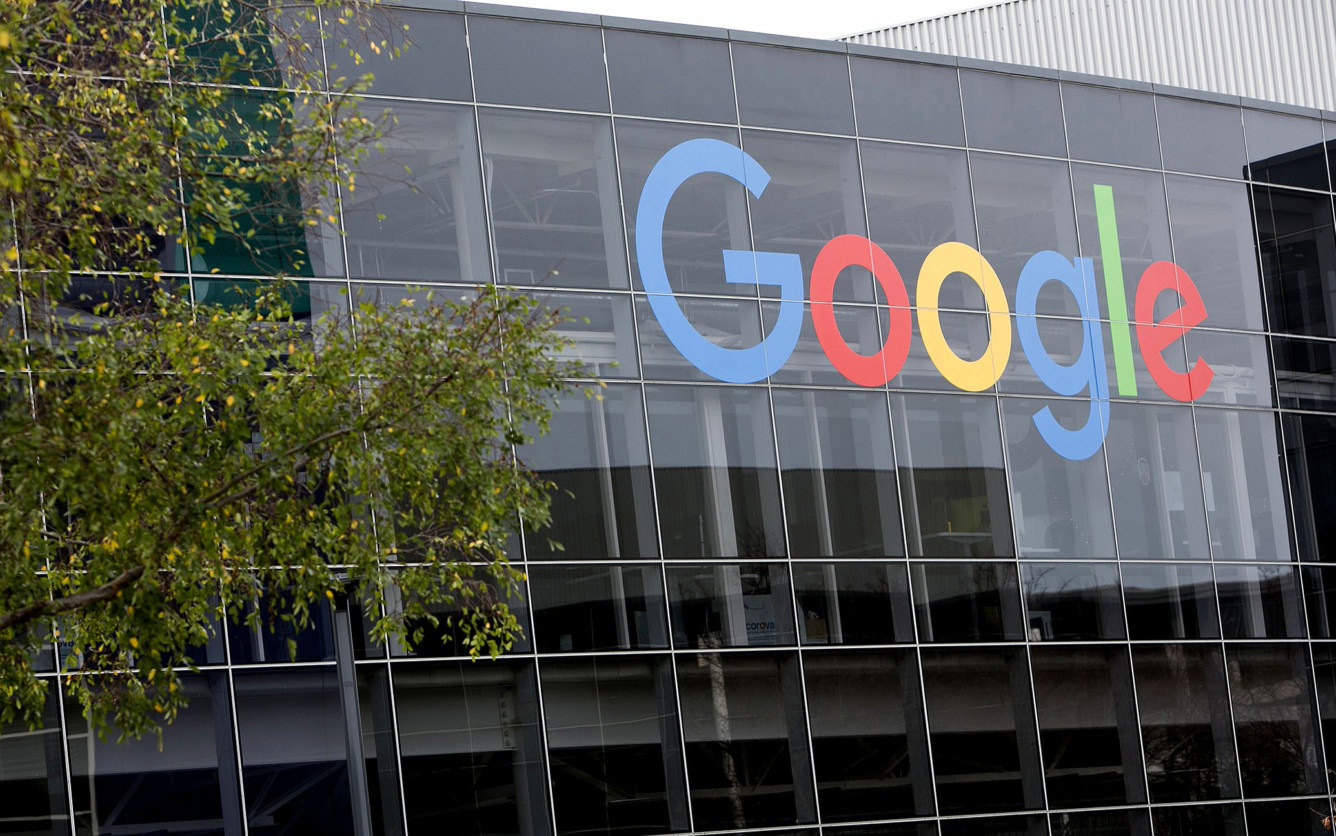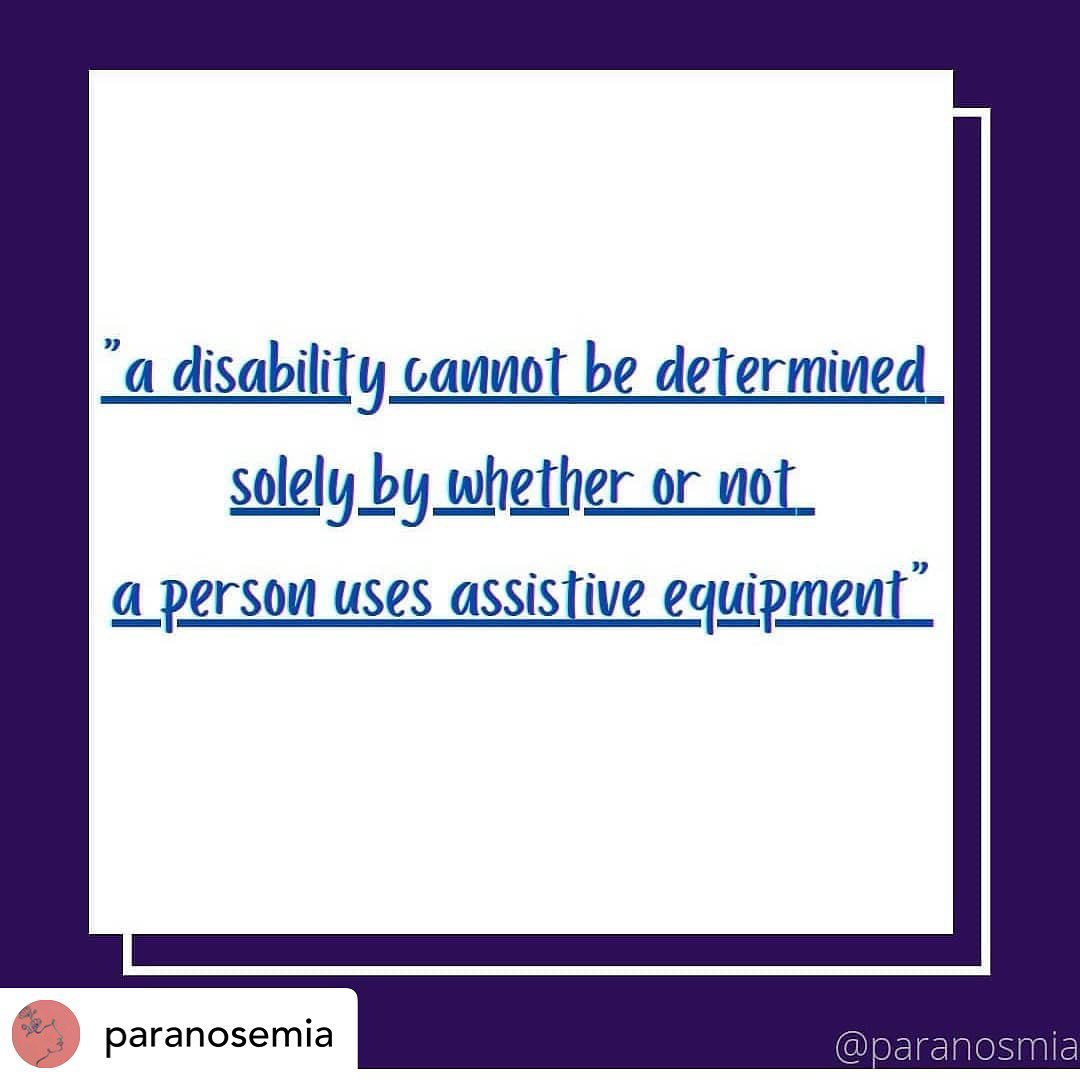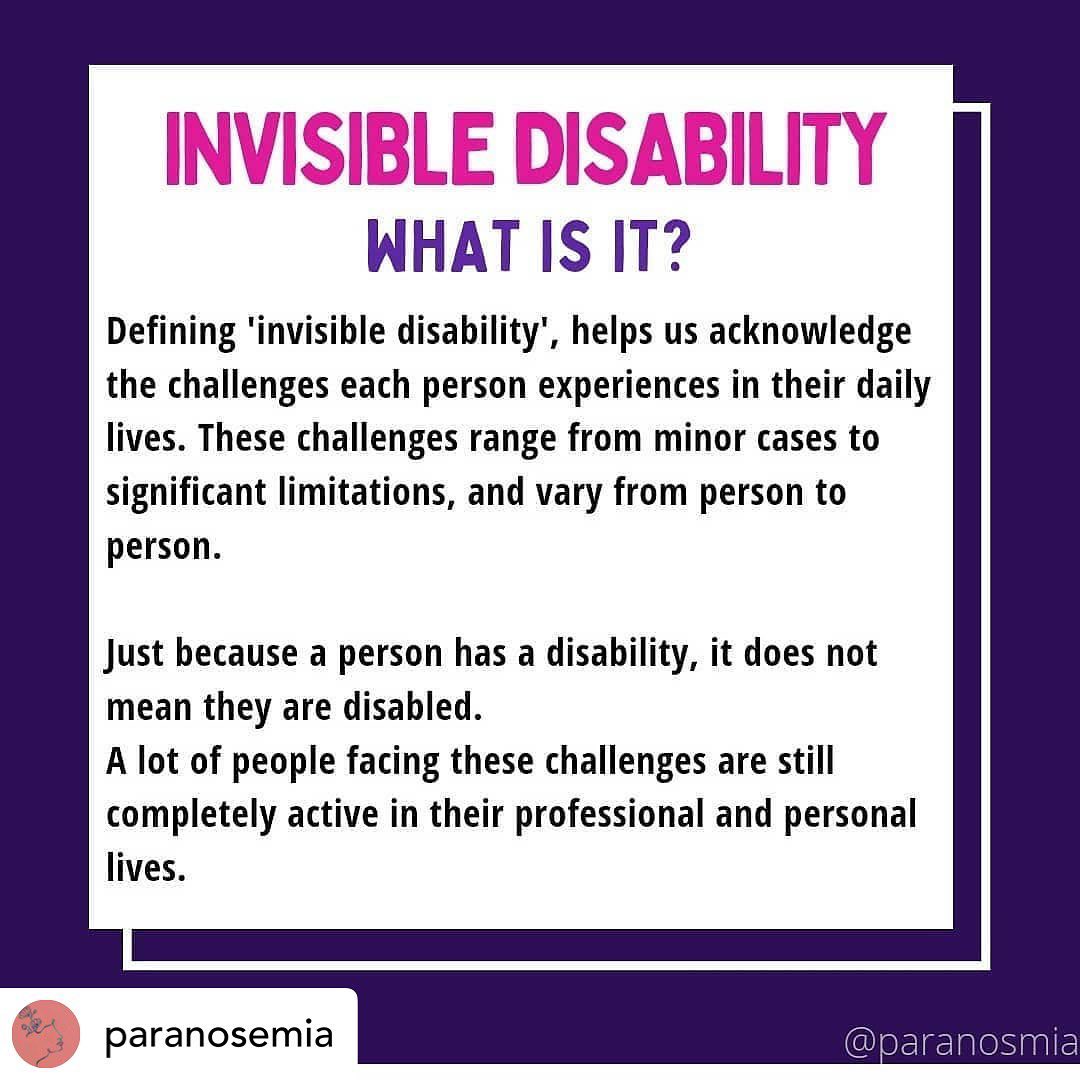Across British Columbia, there are more than 614,000 individuals aged 15-64 that have a disability. These skilled and diverse individuals represent an important talent pool that remains under-represented in the workforce, despite comparable education and skillsets.
The business case for hiring disabled individuals has never been stronger. For companies looking to gain a competitive advantage, 90% of consumers prefer businesses that employ people with disabilities. Is your business taking steps towards becoming an accessible employer?
“No one should be shut out of meaningful work and participation in society because of barriers to accessibility,” said Nicholas Simons, Minister of Social Development and Poverty Reduction. “By supporting employers as they hire, train and promote people with disabilities, we are supporting long-term and meaningful employment for the over 20% of British Columbians living with disabilities.”
Introducing Accessibility Month at Small Business BC
September is Disability Employment Month in British Columbia. It offers an important opportunity to celebrate and recognize inclusive employers and the vital contribution people with disabilities make in the workplace.
Small Business BC is marking the occasion by hosting Accessibility Month: ‘It Matters’, a month of free business education featuring ASL interpretation and closed captioning. Accessibility Month covers a variety of popular business topics, from business planning to marketing and payroll.
This year, our theme of ‘It Matters’ highlights that individuals with a disability are equal in every way, and we all have an important role to play in empowering their success through the creation of a more accessible world. By offering broader access to skills and training, we hope to encourage more people to join us on this important journey toward removing barriers and creating a more inclusive workplace.
In keeping with current public health guidelines, all educational sessions will be delivered remotely via webinar. These presentations will show the ASL interpretation and on-screen live captioning alongside the webinar speaker.
How it Works
Whether you’re looking to start or grow your business, our educational calendar for the month is stacked with informative and practical sessions that will put your business on the road to success. Demand is expected to be extremely high and places are limited. Book as early as possible to avoid disappointment. If you do happen to miss out on the webinar of your choice, we will be opening a waitlist.
Webinars Available During Accessibility Month











